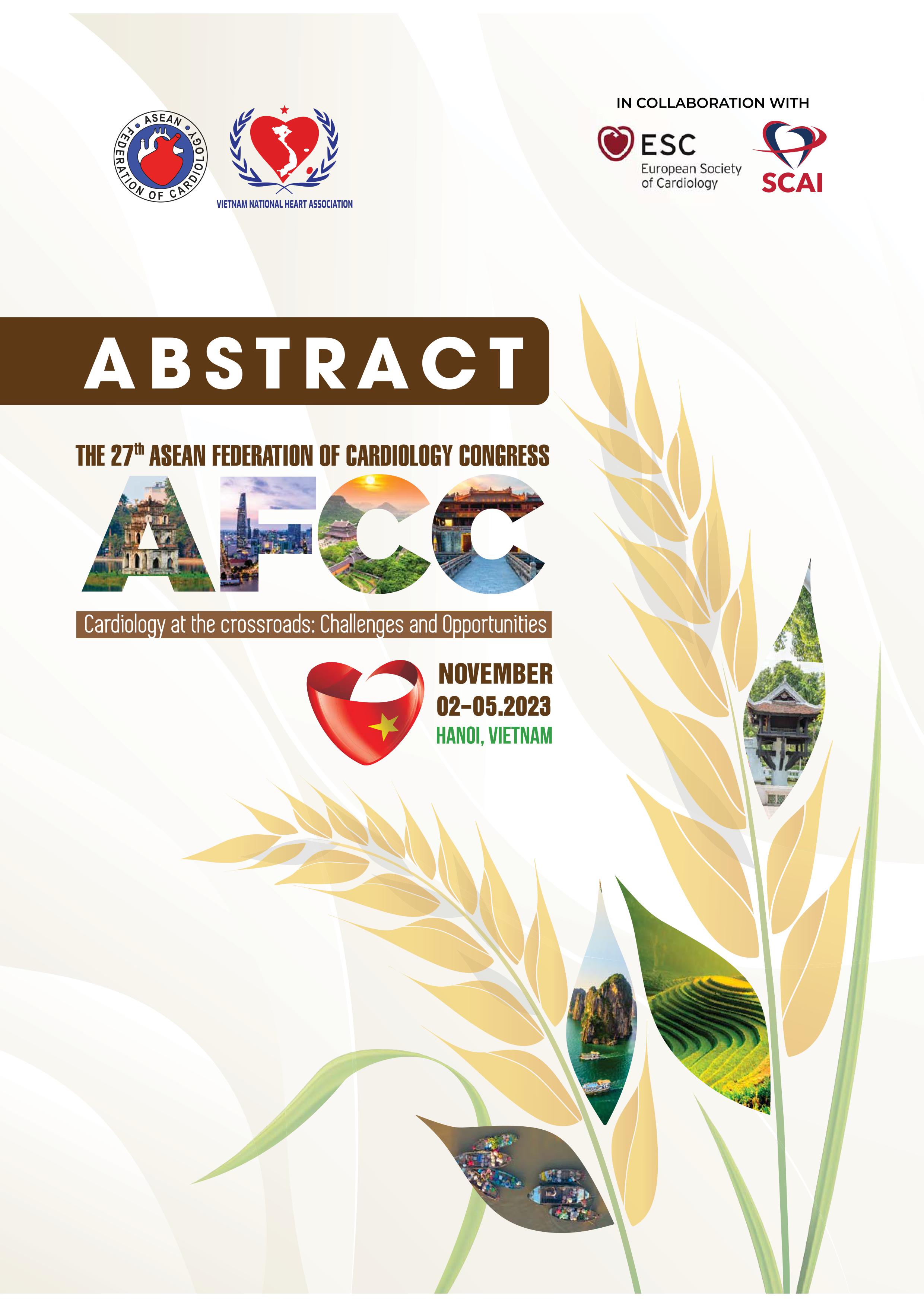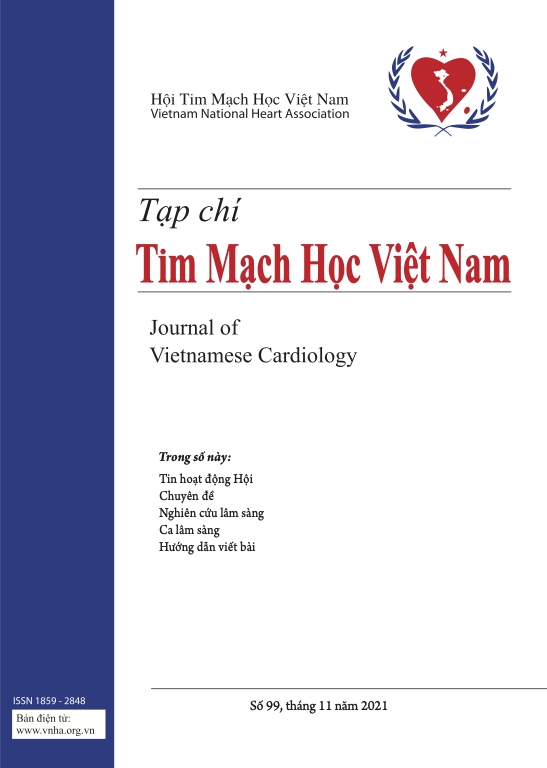A systematic review on Coenzyme Q10 administration among patients with heart failure with preserved ejection fraction
Tóm tắt
Background
The American Heart Association estimates 6.5 million subjects over the age of 20 years have Heart failure (HF) in the US alone. Approximately 40–70% of all HF patients have preserved ejection fraction and its prevalence is increasing as the population ages3. The understanding of the pathophysiology of HFpEF is incomplete, and despite intensive efforts, optimal therapy remains uncertain, as most trials to date have been negative One pathophysiologic mechanism that may significantly contribute to diastolic dysfunction in HFpEF is mitochondrial dysfunction leading to energy starvation of the cardiac myocyte. Coenzyme Q10 (CoQ10) facilitates the production of adenosine triphosphate in the mitochondria by participating in redox reactions within the electron transport chain.
Methods
This study is a systematic review of trials that included two randomized trials that looked into CoQ10 administration among patients with heart failure with preserved ejection fraction.
Results
There was no trial that looked into the outcomes mortality and rehospitalization to date. With regards to the change in terms of improvement in diastolic function, there was no significant difference with or without Coenzyme Q10 administration.
Conclusion
In this systematic review CoQ10 administration did not significantly change the diastolic function parameters among patients with heart failure with preserved systolic function.








